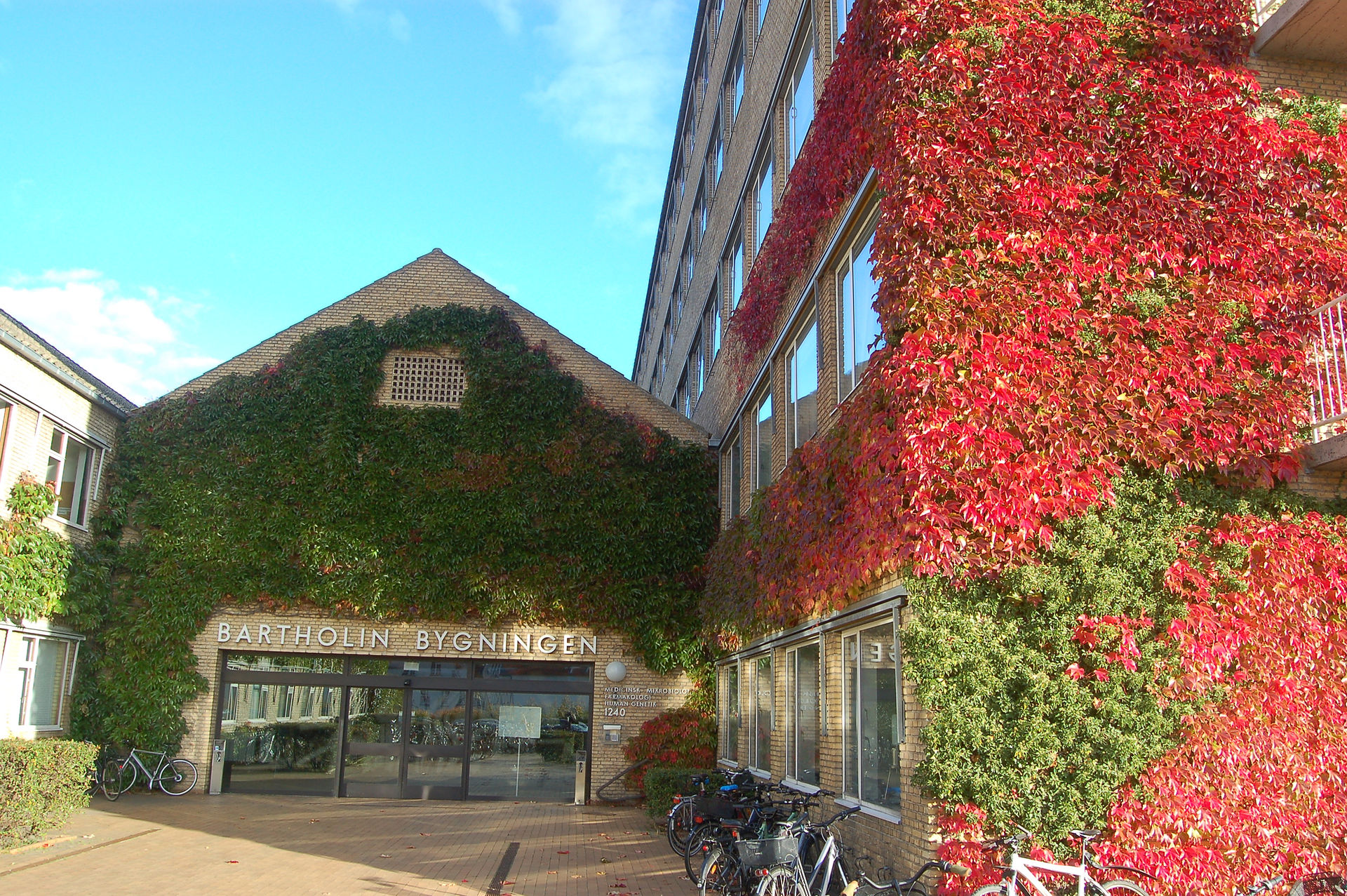
Giehm
Lab

Student in the lab

Traditional Danish food at Pinden
September 2015

Escape room
Aarhus, 2017


Yujia accepts the Golden 50-ml tube
September 2015
Golf elegance
September 2015
The laboratory is founded on the research and hard work of students at different stages of their research careers. Current and past students in the group are students of molecular biology, nanotechnology, molecular medicine, and medicine. Together we aspire to build a strong research environment in a scientific, energetic, and fun atmosphere.
As a student in the lab you will learn standard molecular biology methods including plasmid construction and cloning, quantitative PCR, culturing of cells, fluorescence microscopy, flow cytometry, and, if relevant, DNA, RNA, and protein blotting techniques. Also, almost all projects include at some stage construction and production of lentiviral vectors and perhaps engineering of DNA transposon-based vectors. In some projects, these vector systems are utilized as tools; in other projects, they are the primary focus, perhaps in studies of in vivo administration and gene therapy. Hence, you may get a chance to work with animals. Perhaps most importantly, you will improve your scientific thinking and develop skills to work in a focused and determined fashion.
Are you a future member of the lab? If you are interested in our research and are looking for a research project and a research group, please do not hesitate to contact me. Our space in the lab is not unlimited, and we cannot guarantee a slot for everyone - but I am happy to discuss the possibilities with you.
Interested? - please email me at giehm@biomed.au.dk